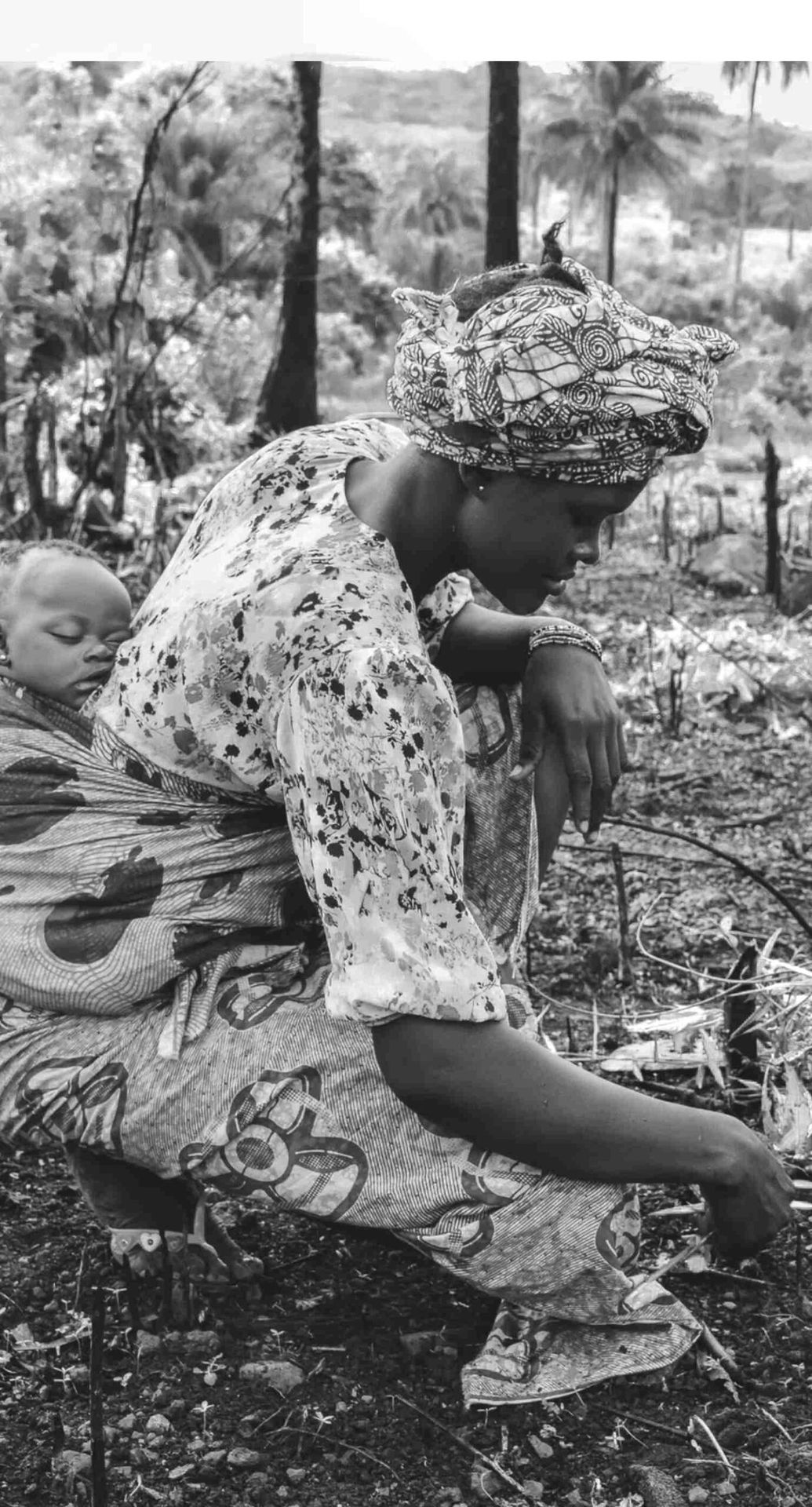
António Guterres
UN Secretary-General
if we cannot ethically innovate for or with populations in the Global South, how can we best develop solutions to these problems in a responsible and relevant way?

Increasingly, UN agencies and other NGOs are leveraging emerging technologies – like AI and blockchain – to develop and iterate new solutions to issues faced by societies in the Global South. Initiatives like the World Food Program’s Innovation Accelerator and community efforts like Techfugees are trying to use technology to create and collect solutions for wicked problems of displacement, hunger and poverty.
For example, Techfugees aims to nurture an ecosystem of tech innovations designed by, with and for displaced people. Programmers, engineers, entrepreneurs, NGOs and startups have all came out in support of Techfugees, to create strategies and find meaningful long-term solutions to the crisis. Another example is the United Nations World Food Programme Innovation Accelerator. It’s an initiative that sources, supports and scales innovations to achieve Zero Hunger.
In fact, these two examples and many other similar initiatives such as hackathons and open innovation events are organized everyday across the world to support projects particularly by, with, and for the people in the global south. They encourage entrepreneurs and engineers to come up with new solutions, in order to scale the promising innovations. They leverage unprecedented advances in digital innovation—such as mobile technology, artificial intelligence, big data and blockchain—and new business models to transform the way we serve vulnerable communities across the world.
Our story
Social good hackathons and global initiatives that support using tech-solutions are increasingly springing up in and for the developing countries, breathing new life into the concept of innovation in those cultures.
However, many of these innovations undermine indigenous knowledge and the ways of looking. Instead, they tend to trial the use of new advanced tools on populations with few other choices. This has posed ethical challenges for the people who want to use technology for social good.
Our key challenge in this project is to find a way to ensure the tech solutions in less developed countries are responsible—where there may not be infrastructure to provide alternatives or solutions to any unexpected problems. And if we cannot ethically innovate for or with populations in the Global South, how can we best develop solutions to these problems in a responsible and relevant way?

STUDENT PROJECTS
• A cutaneous mechanoneural interface for neuroprosthetic feedback
S. Srinivasan, S., M. Herr, H. A cutaneous mechanoneural interface for neuroprosthetic feedback. Nat Biomed Eng (2021).